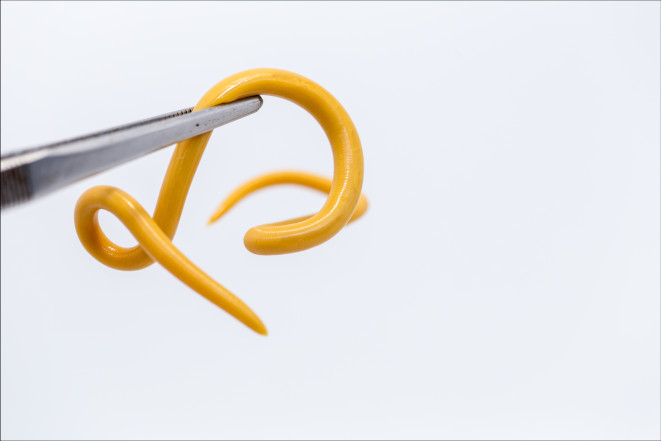With their mask-like faces and ringed tails, raccoons are often seen as cute, if naughty, animals. People often see them in cities and suburbs because they do well living near people. But there’s a darker side to raccoons that most people don’t think about: the health risks and worries that come with having these smart and clever animals around.
Even though raccoons might look cute and harmless, they can be very dangerous to people’s and dogs’ health. Here, we’ll talk about the possible risks of raccoons and why it’s important to be careful when living with them.
-
The raccoon roundworm, or Baylisascaris procyonis,
One of the biggest health risks that come with raccoons is that they can spread the raccoon roundworm. Raccoon roundworm eggs, which can be found in raccoon poop, can stay alive for a long time. People who eat or breathe in these eggs by accident can get a serious sickness that can sometimes be fatal.
-
Leptospirosis and Salmonella:
Salmonella and Leptospirosis are just two of the bacteria that raccoons are known to carry. In raccoon poop and pee, these pathogens can be found. People who are exposed to these chemicals can get stomach problems, fevers, and other health issues.
-
Rabbits:
It is thought that raccoons carry the rabies virus more often than any other animal. Even though raccoons don’t usually have rabies, it’s still important to be careful because the disease can be spread by bites or cuts. Rabies is a very dangerous virus that can kill you right away. You need to see a doctor right away.
-
Fleas and ticks:
Parasites from the outside, like ticks and fleas, can live on raccoons. These bugs can get into your home, yard, or pets, and they could spread diseases to people and animals.
-
Property damage:
Aside from being unhealthy, raccoons can do a lot of damage to property. It is well known that they dig through trash, tear through attic insulation, and hurt plants. Property loss can be annoying and cost a lot of money.
6. Acts of aggression:
Even though raccoons don’t usually attack people, they might if they feel threatened, trapped, or if their young are close. When a raccoon is trapped, it may bite or scratch, which can hurt someone.
Now, what can you do to lessen these health risks and worries about raccoons?
-
Don’t let people in:
The first thing you should do is make sure rats can’t get into your house or trash. Locks or bungee bands can be used to secure trash cans and compost bins with lids that fit tightly. Check your home for possible entry spots and seal any cracks or holes you find in walls, attics, or crawl spaces.
-
Cleanup safely:
If you are cleaning up raccoon poop or places where raccoons have been, you should wear protective gear like gloves and masks. Clean the spot with a bleach solution.
-
Safety for pets:
To keep your dogs safe from raccoons and possible diseases, keep them inside, especially at night.
-
Making your yard safe for raccoons:
Protect your yard, cover your fish ponds, and make sure pets can’t get to their food outside. This cuts down on the food sources that raccoons might be interested in.
-
Removal by a professional:
If raccoons have moved into your house, you should call a professional wildlife removal service. Their skills mean they can get rid of rats safely, without putting your health at risk.
Finally, raccoons can be interesting animals, but it’s important to know the health risks they can bring. It is possible to live with rats and lower the risks they may pose by taking precautions, cleaning up safely, and getting professional help when you need it. Remember that keeping the environment safe and clean is important for living together with wildlife in a healthy way.
At Raccoon Control Bolton, We have professional and insured pest control specialists who have the tools available to take care of your break-in. Our raccoon service is backed up with a 2-year service warranty. If raccoons return, we will too at no additional cost. Call 647-578-7949
